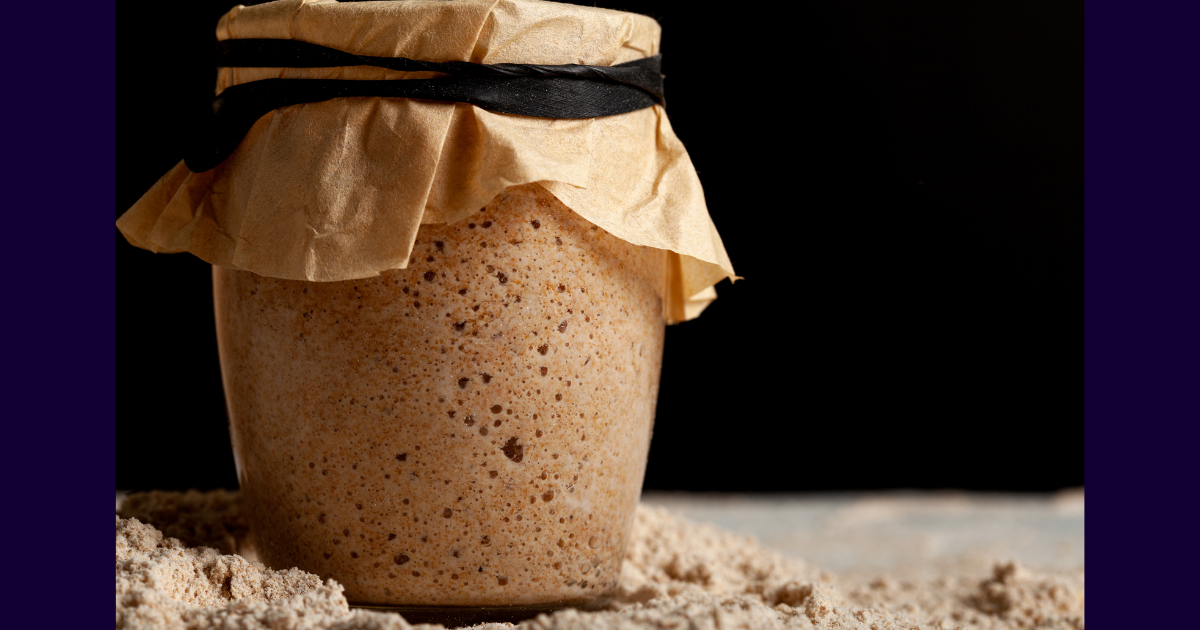“human adaptability to nature should always be kept in mind whenever we hear typecast notions about diet plan.”
We are born with an excellent ability to adapt to a varied range of weather and places. Our food habits are associated with the place we are in and that gives an opportunity for a specific cuisine of almost every region over the period of time.
Here’s a story from an arid state of India – Rajasthan. It is the land of dry and extreme summers and winters. Needless to say, there is a relative scarcity of water. It is a land of great empires, warriors, and artists too. It boasts a great culture and heritage that was developed in this arid land. The way they adapted to the dryness is through the use of abundant amounts of oils and ghee in their diet. These oily, greasy substances have the ability to maintain moisture inside the body for a longer period. This makes the need for water also limited and makes it a wonderful story of survival and success in the desert. The amount of oil or ghee used gets completely utilized by the body without leaving any residue in the form of any stagnated lipids inside the body (in form of cholesterol and other fatty substances).
Such stories of human adaptability to nature should always be kept in mind whenever we hear typecast notions about diet plans. Ayurveda advocates, we need to assess our diet as per the status of health, age, the season we are in, and also the region we are living in. This principle is intuitively applied by most cultures and societies around the world.
These adaptations help the communities thrive with their survival and success. However, they may have a few imperfections. Ayurveda can be the tool with which one can assess the correctness of a lifestyle as per the requirement of an individual in given circumstances.
Alternative living with a variety of food plans such as fermented food, veganism, intermittent fasting has been helping individuals worldwide. There is a commonality amongst the people who benefit from each of these plans and also amongst the people who do not. Comprehending that common thread can be possible with the help of Ayurveda.
“When the fire element is stronger, it makes Agni sharper and causes digestion at a faster rate. This is an imperfect way of replenishment as it burns the food and for the same reason, the nutritional level is below normal.”
Food and Digestion according to Ayurveda
Ayurveda has an all-pervasive thought that says everything in this universe is composed of five elements – earth, water, fire, air, and ether (space). From this, we can say that our body is composed of these elements and so are the food items. We replenish the elements inside the body. Ayurveda simplifies nourishment to this level. However, to achieve this replenishment, our body needs to have the ability to digest food. That ability or the digestive capacity is called Agni in Ayurveda. It is nothing but the fire embodied in the form of digestive juices that breaks down the ingested food. The elements from the food cannot nourish the body unless it is properly digested. The same is the case with herbs or medicines in case of a disease.
This undoubtedly shows the dominance of Agni in the maintenance of health as well as in disease management. This makes it inevitable to nurture the Agni to attain good health. This involves rules and regulations related to cooking as well as cultivating and procuring food; understanding the effects of nature on your Agni, and also understanding when it is low. Heavy meals tend to overwork Agni and recurrent ingestion of heavy meals can disturb the Agni. For the same reason, Ayurveda promotes cooked meals. The act of cooking is nothing but making the food lighter so that our intrinsic fire doesn’t overwork. Contrary to cooking, the raw foods, salads juicing, etc. make the Agni work harder. Of course, quantity does matter.
The process of cooking is also graded whether it is roasted, boiled, or mixed with a heavy item. The food that gets cooked in the presence of air helps to cook the food better in contrast to boiled with water. This is noticeable in the case of many food items. Wheat is an excellent example. Also, roasted/barbequed chicken is lighter than boiled in water/gravy.
Indulgence in heavy meals, overeating, snacking, sedentary lifestyle, etc. takes a toll on your Agni or the digestive fire. This makes it slow and weak and that is the foundation of most of the diseases. Furthermore, when the fire element is stronger, it makes Agni sharper and causes digestion at a faster rate. This is an imperfect way of replenishment as it burns the food and for the same reason, the nutritional level is below normal. In the realm of western medicine, this can be understood as slower or faster metabolism.
Unhealthy fasting; various forms of crash diet leading to undernutrition, overuse of spices, alcohol in excess, etc. are the factors that make agni sharper. With a sharper Agni, there are usually cravings for softer, mushy, cooler, soothing, grounding kinds of foods. Instinctively, it is a bodily response in the form of cravings to heal the imbalance that got created due to the sharpness in Agni.
Love for fermented food can fall into this category. An individual with a sharper agni can have a pacifying effect over the body as well as mind and that makes this person hooked on to such cravings. This is a quick fix and the real treatment is to pacify the sharper agni. To go beyond a short-term benefit, it becomes inevitable to use the right kind of food at the right dosage and at the right time. On the same lines, overindulgence in fermented food can be the act of going overboard. It eventually can cause dampening of the digestive fire and slowdown of the metabolism. We cannot afford to slow down the metabolism as it acts as a precursor to many diseases such as obesity, diabetes, thyroid disorders, etc.
Use of Fermented food in India – a logical explanation of introduction of fermented foods
Dosa and similar foods are the delectable preparations from South Indian Cuisine. The popularity gained by this cuisine is beyond the borders. However, while treating clients/patients with ayurvedic herbs/lifestyle, more commonly, this tops the list of ‘Restricted Foods’.
Being part of the Tropical zone, the Southern part of India gets a lot of heat most of the year. One of the ways of adaptation could be the introduction of fermented food that can help in dealing with the scorch and dryness of the weather by gently creating moisture inside the body. Apart from the moistening effect, it is relatively heavier in comparison with the non-fermented version of the same ingredient. Because of these factors, fermented food can deal with the sharpness of the weather or even sharp and quicker digestion. Consumption of such foods can certainly help individuals withstand longer without thirst and hunger.

“A state of hypermetabolism, anxiety, irritation issues can feel relief with Shrikhand. “
Ayurvedic fermented food – Shrikhand
Shrikhand is a well-known delicacy as a part of Indian Cuisine and it also tops the list of foods that act as medicine. It is a recipe conceptualized by ancient Saints of India for its health benefits. From the references found in ayurvedic texts, it is prepared by adding cane sugar/honey to hung curd (yogurt without water content in it). The health conditions involving inflammation can get benefitted from the use of Shrikhand. A state of hypermetabolism, anxiety, irritation issues can feel relief with Shrikhand. We can think of many conditions that will manifest such symptoms. It can be one of the best foods that can be used during the convalescent phase after most cancers and chemotherapy.
It is an excellent formula that can satiate, create a calming effect on the mind as well as body, and will also be responsible for strengthening the tissues. According to Ayurveda, this is the kind of fermented food that can be used whenever needed. However, just like any other food, if we go overboard, it can slow down the metabolism.
The importance of cooked food is a well-established fact. Food that is properly cooked, enhances the ability to metabolize it. As per the ayurvedic theory, cooking is an act in which fire and air elements act on the food and make it digestible. However, fermentation is the process that works on the same lines but the impact is relatively lesser. Regular use of fermented food allows more moisture to accumulate inside the body. In a few instances, it is conducive to health but not every time.
“Dr. Mahesh Sabade is an ayurveda consultant who has been working in this field for the last twenty-one years as a practitioner, researcher, author, and teacher. “

